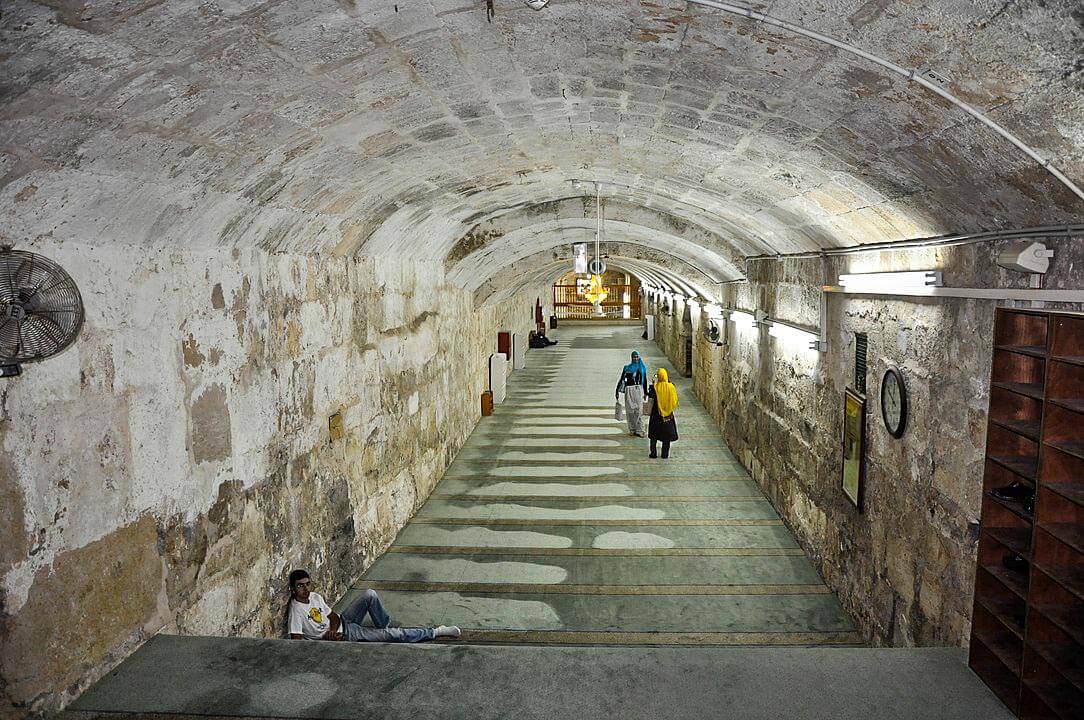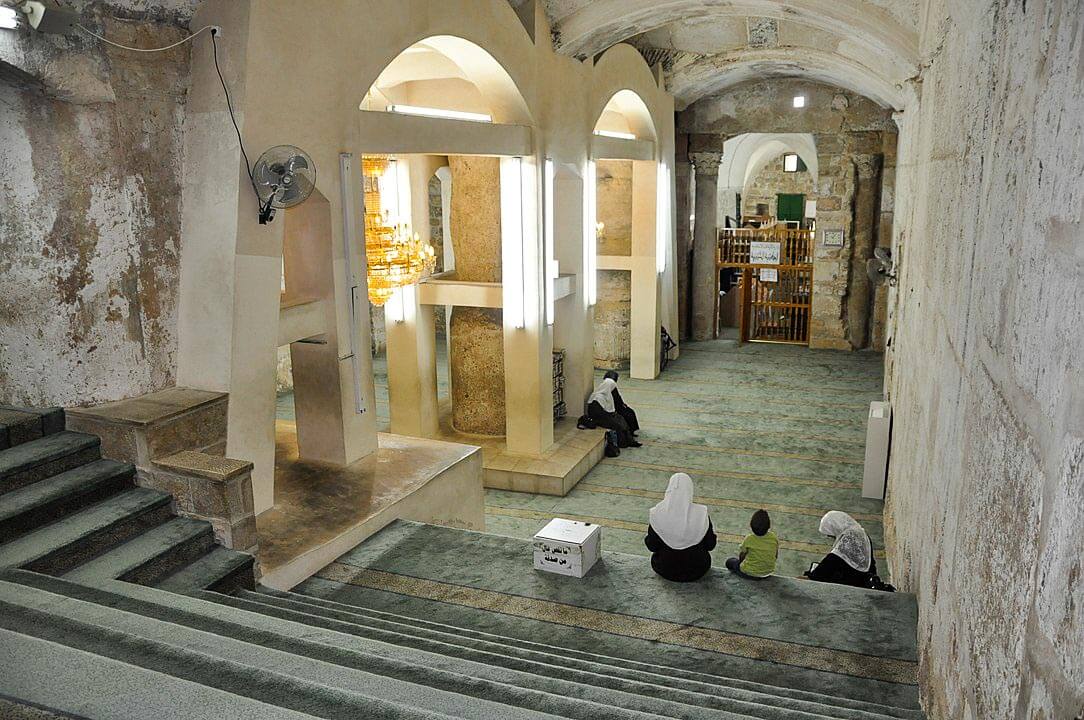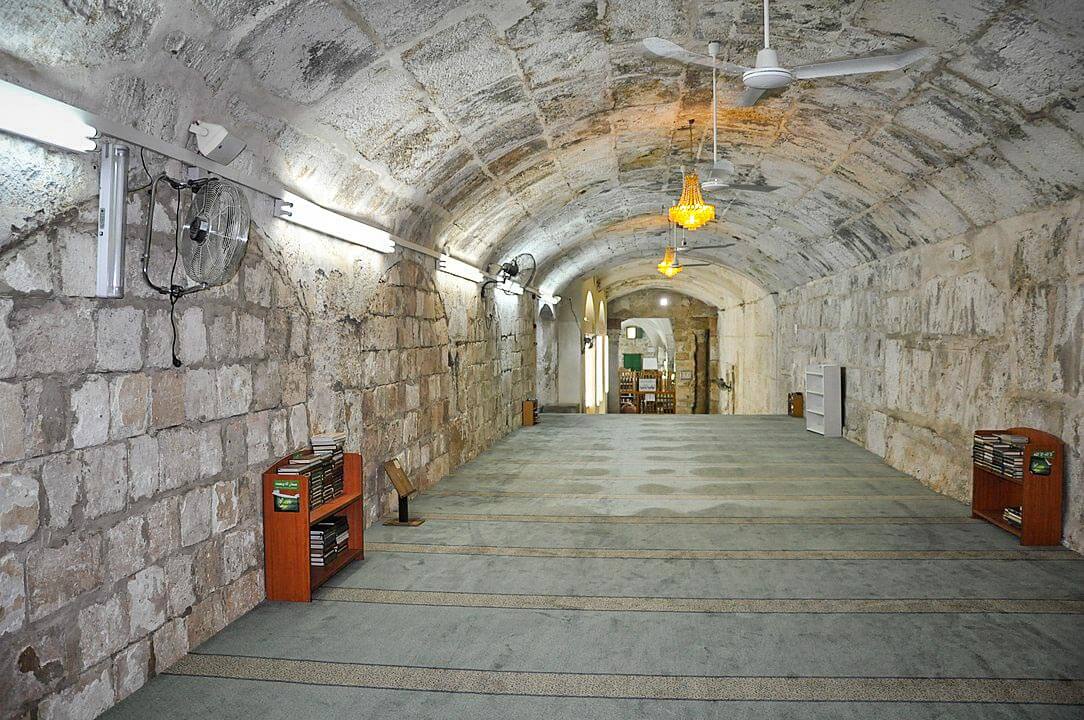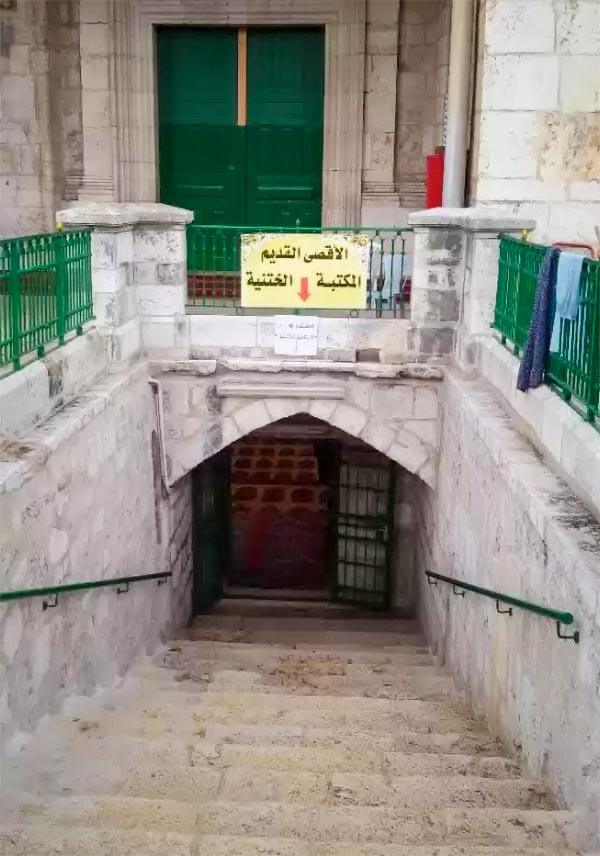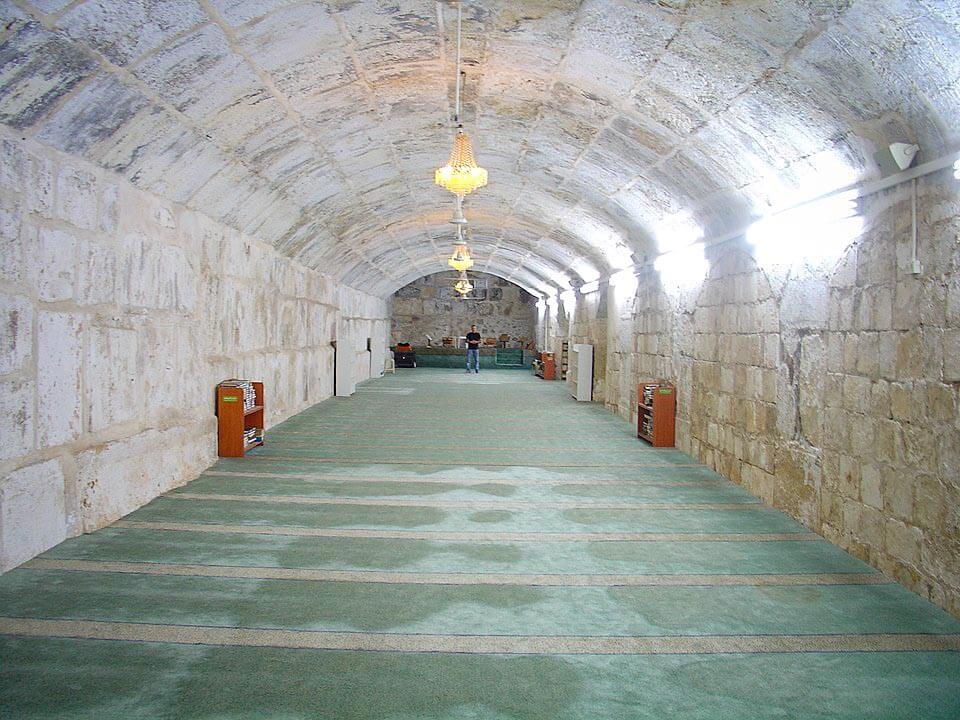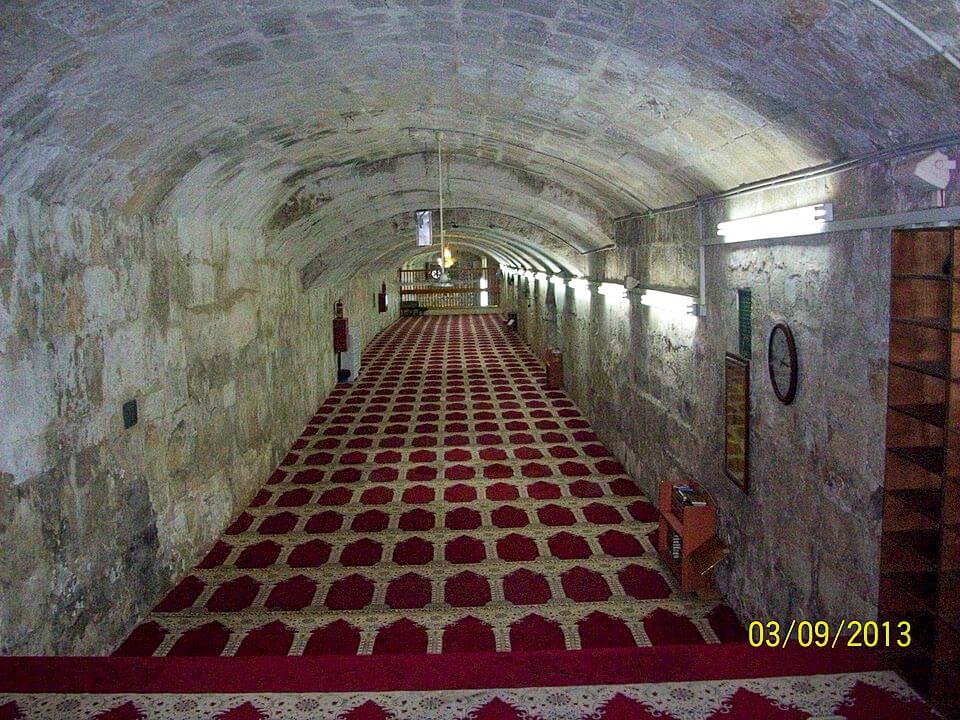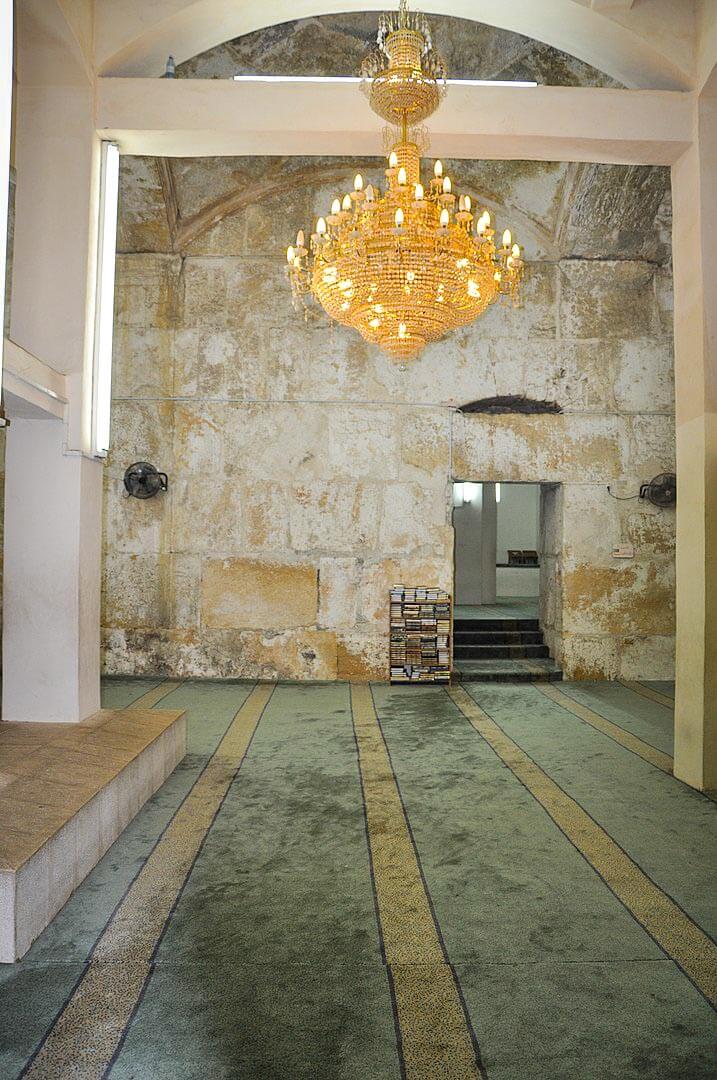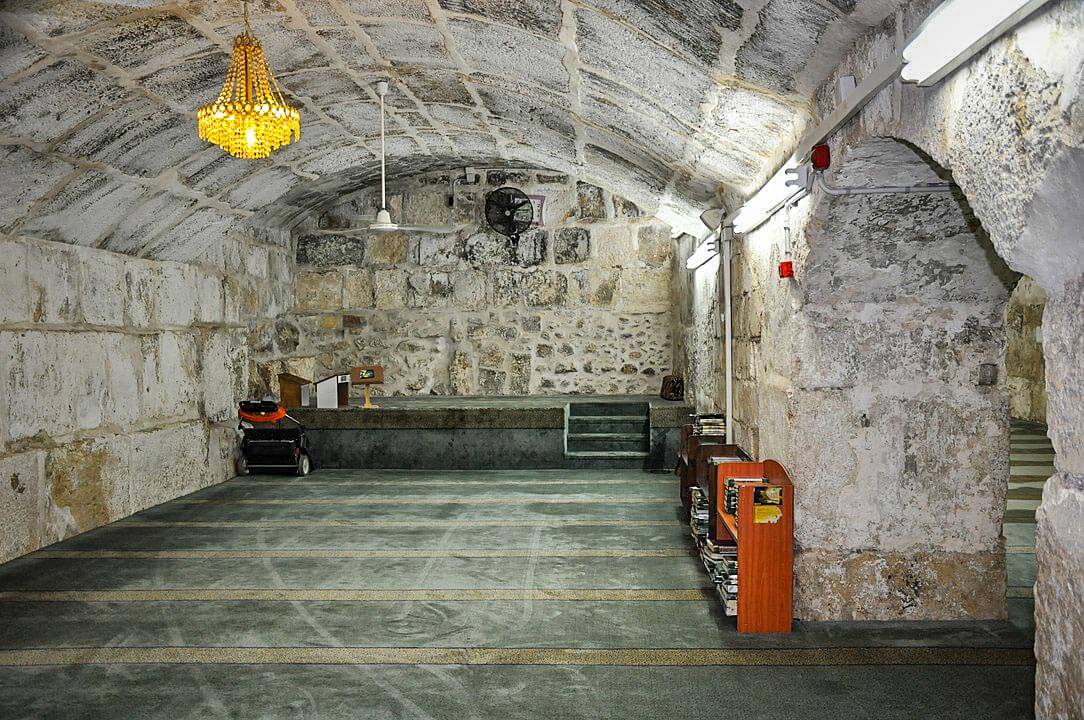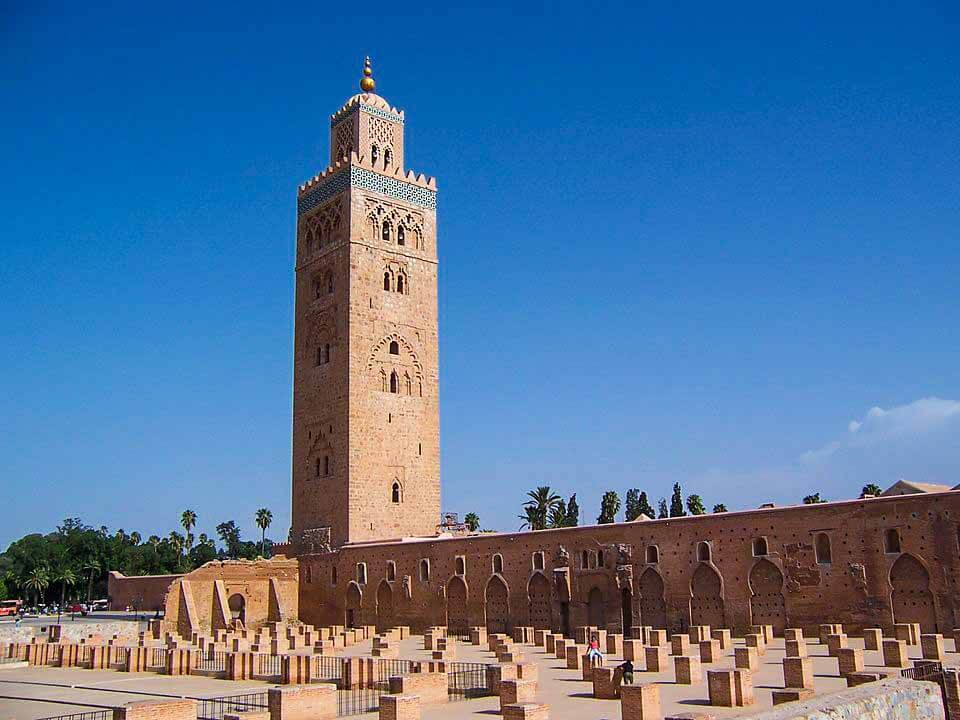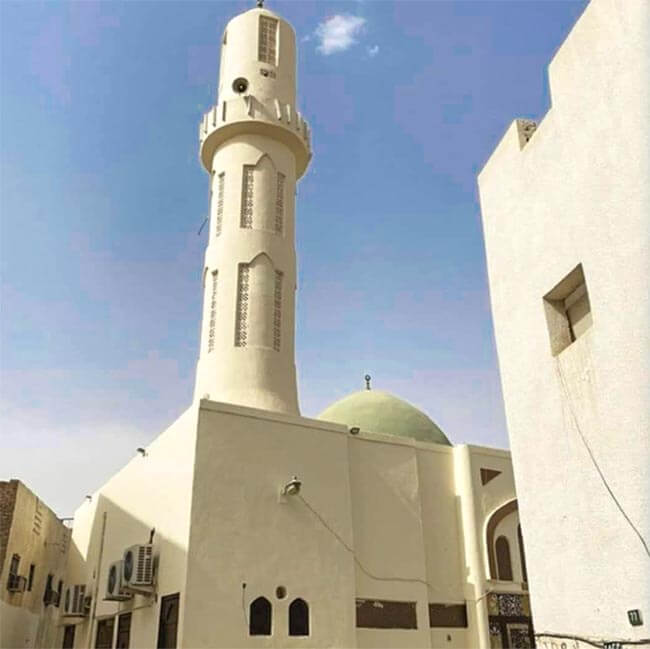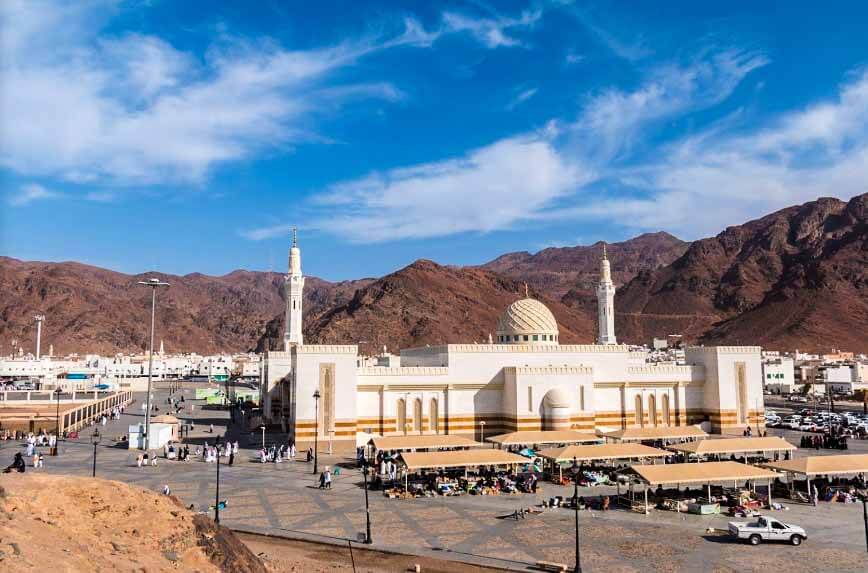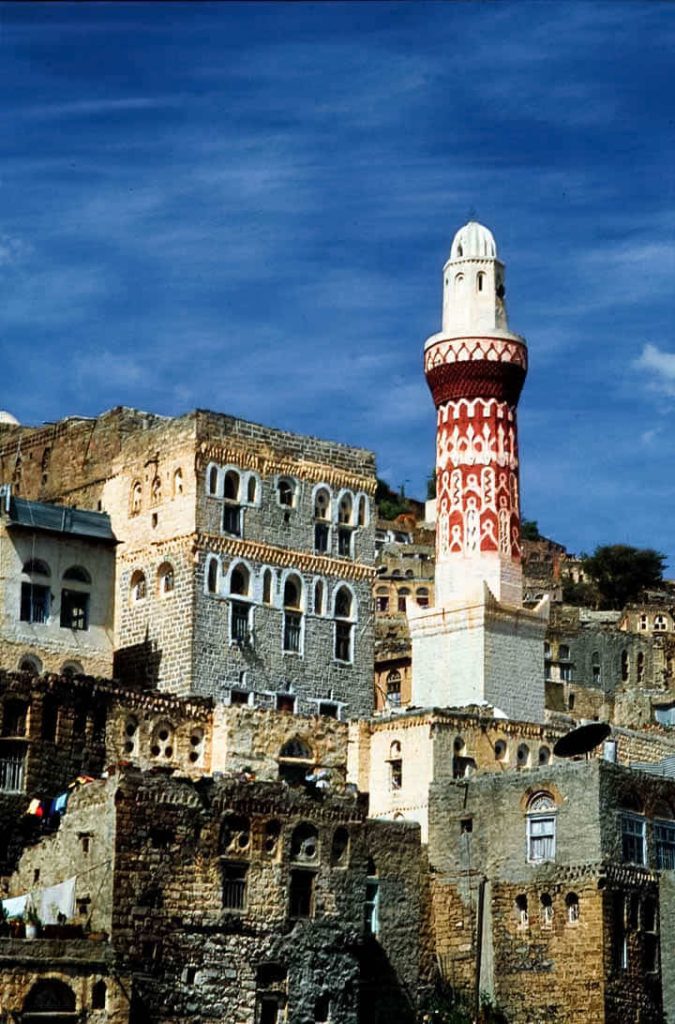Jerusalem, Palestine
Coordinates: 31.776074, 35.235773
The Ancient Aqsa is located underneath the central nave of Al-Qibly Mosque; it is a linear building that extends from north to south.
It’s stone pillars are believed by some to have been erected by jinnat in the time of Prophet Sulaiman (عليه السلام) which is mentioned in Quran (34:12-13)
It can be accessed by using an old staircase sitting in front of Al-Qibly Mosque’s exterior corridor which is made of 18 steps.
The Ancient Aqsa building ends with another door that is called “The Door of the Prophet” in Arabic literature and “The Double Gate” in English writings.
The Mosque is a barrelshaped vault, comprised of three cylindrical arches, that has an inclination towards the south due to the geographical nature of Al-Aqsa Mosque’s location; the interior building consists of two naves that are surrounded by huge stone pillars.
Once Used
It originally served as passage for the Umayyad caliphs connecting their palaces to Al-Aqsa, as the palaces were built next to its southern wall.
When the Umayyads restored this building they reused older construction material which could have pertained to the Roman or the Herodian era.
However, the Ancient Mosque’s building that was restored and reopened by Al-Aqsa’s Committee for the Reconstruction of Holy Sites in 1998 is an Umayyad building.
Library
Today, the building hosts Al-Aqsa Mosque’s library, called “Al-Khutniyah Library.”
The basement also houses a library containing about 130,000 books. There are also about 4,000 manuscripts that were donated from private collections of Jerusalem families. UNESCO states that the library contains “one of the most important collections of Islamic manuscripts in the world.”
Inside Grille
There is an adjacent room which contains a grille through which you can see the floor below where oil was burnt to heat the mosque.
Bibi Maymunah bint Sa’d رضي الله عنها relates that she asked the Prophet ﷺ, “O Prophet ﷺ! Inform us about Bayt al-Maqdis”. He said, “Visit it for prayer”. She further asked, “If one of us cannot visit it, what shall we do?” He ﷺ said, “If you cannot go for prayer then send some oil to be used in its lamps; whosoever gives oil for its lamps, it will be as if he has prayed in it”.
[Imam Ahmad, Ibn Majah, Sunan Abu Dawud and al-Tabarani]


